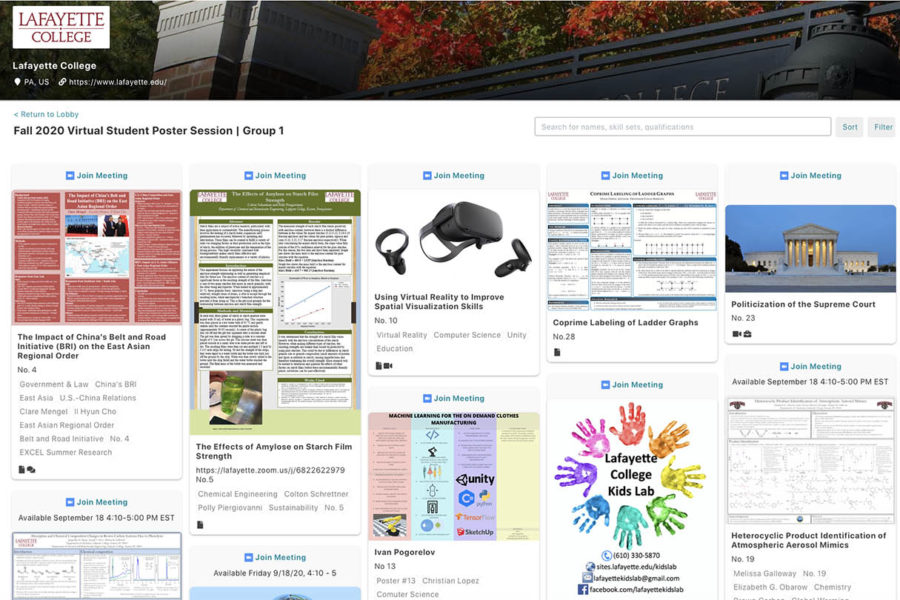One of the key questions I am often asked by students is what are the skills that employers look for and evaluate for new graduates. As the co-founder of a student employability company I have spent a lot of time reviewing industry and academic articles on skills definitions. I have always been apprehensive of how complete or comprehensiveness a list maybe of, when there seems to be an infinite number of jobs and hiring managers.
The best I have seen in isolating and categorizing skills list, is from scholarly work conducted by the Higher Education Academy. They published a comprehensive group of papers on student employability based on extensive academic research into the subject. Although published about 15 years ago, I have found their work relevant and constructive in understanding how to positively affect student employability within Higher Education. The list that I have found to be particularly helpful was published in one of their papers called “Embedding employability into the curriculum”, authored by Prof Mantz York and Prof. Peter Knight.
I encourage students to review and reflect on the list based on their own experiences from their studies, work terms, and extracurricular activities. Going forward it can help them identify employability skills that they may need to “work on” to improve their candidacy strength for graduate level jobs.
They identify 39 “aspects” of employability, that covers many of the well recognised skill sets, but also includes traits and other attributes employers would typically evaluate in the hiring process. They divide these aspects of employability into three groupings: Personal Qualities, Core Skills and Process Skills.
A. PERSONAL QUALITIES
1. Malleable self-theory: belief that attributes (eg intelligence) are not fixed and can be developed.
2. Self-awareness: awareness of own strengths and weaknesses, aims and values.
3. Self-confidence: confidence in dealing with the challenges that employment and life throw up.
4. Independence: ability to work without supervision.
5. Emotional Intelligence: sensitivity to others’ emotions and the effects that they can have.
6. Adaptability: ability to respond positively to changing circumstances and new challenges
7. Stress tolerance: ability to retain effectiveness under pressure.
8. Initiative: ability to take action unprompted.
9. Willingness to team: commitment to ongoing learning to meet the needs of employment and life.
10. Reflectiveness: the disposition to reflect evaluatively on the performance of oneself and others.
B. CORE SKILLS
11. Reading effectiveness: the recognition and retention of key points.
12. Numeracy: ability to use numbers at an appropriate level of accuracy
13. Information retrieval: ability to access different sources.
14. Language skills: possession of more than a single language.
15. Self-management: ability to work in an efficient and structured manner.
16. Critical analysis: ability to ‘deconstruct’ a problem or situation.
17. Creativity: ability to be original or inventive and to apply lateral thinking
18. Listening: focused attention in which key points are recognized
19. Written communication: clear reports, letters, etc written specifically for the reader.
20. Oral presentations: clear and confident presentation of information to a group (also 21, 35)
21. Explaining: orally and in writing (see also 20, 35).
22. Global awareness: in terms of both cultures and economics.
C. PROCESS SKILLS
23. Computer literacy: ability to use a range of software
24. Commercial awareness: operating with an understanding of business issues and priorities
25. Political sensitivity: appreciates how organizations actually work and acts accordingly
26. Ability to work cross-culturally: both within and beyond their country
27. Ethical sensitivity: appreciates ethical aspects of employment and acts accordingly
28. Prioritising: ability to rank tasks according to importance
29. Planning: setting of achievable goals and structuring action
30. Applying subject understanding: use of disciplinary understanding from the HE programme
31. Acting morally: has a moral code and acts accordingly
32. Coping with complexity: ability to handle ambiguous and complex situations
33. Problem solving: selection and use of appropriate methods to find solutions
34. Influencing: convincing others of the validity of one’s point of view
35. Arguing for and/or justifying a point of view or course of action (see also 20, 21, 34)
36. Resolving conflict: both intra-personally and in relationships with others
37. Decision making: choice of the best option from a range of alternatives
38. Negotiating: discussion to achieve mutually satisfactory resolution of contentious issues.
39. Team-work: can work constructively with others on a common task.
We encourage you to go through the list methodically and self-reflect on your level of capability for each aspect. Try to identify aspects that are more relevant to your career field, prioritize around those aspects and then go the “extra mile” and think about how you can demonstrate to employers you command that aspect. You’ll find it counterproductive to try to include all of these in your job applications. Your challenge is many of these aspects cannot be articulated in a resume or cover letter. The best approach is to augment your resume with supporting documents and media using a Showcase. For example, doing a video introduction will help you demonstrate many “aspects” listed under personal qualities. Over time, build a library of assets that demonstrate these aspects and when you are applying for that promotion or job advancement, you will find you will be better prepared to win.



